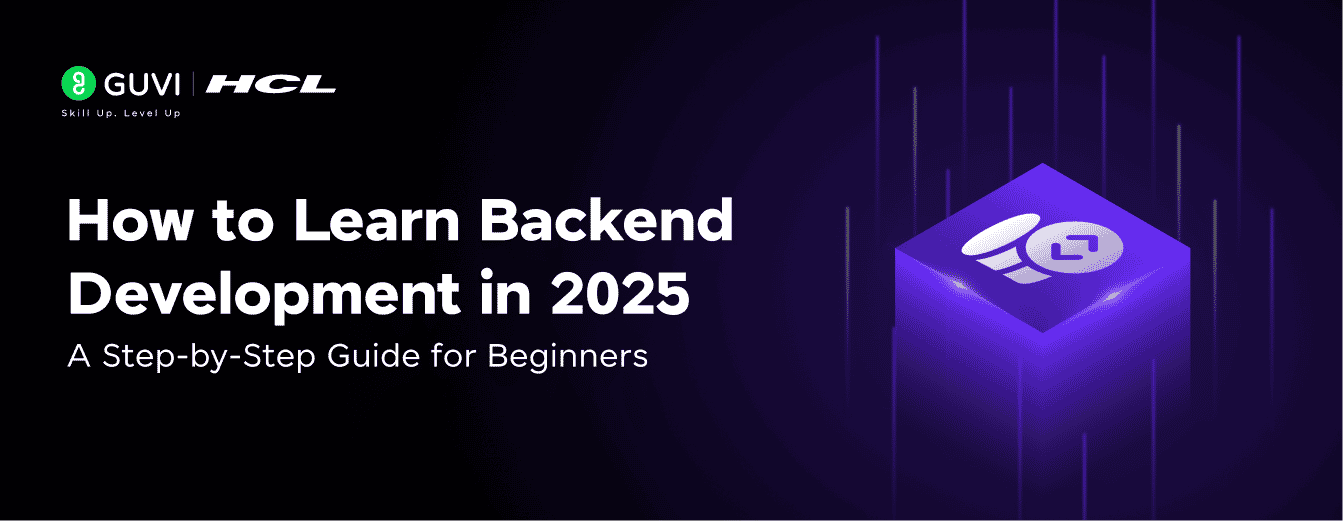
Best Way to Learn Backend Development in 2026: A Beginners Guide
Dec 19, 2025 8 Min Read 8166 Views
(Last Updated)
You might have wondered about the invisible magic that makes your favorite websites and apps work so smoothly. Backend development powers everything behind the scenes – from server-side logic and databases to APIs that run modern web applications.
Starting with backend development can feel overwhelming at first. Multiple programming languages, databases like MySQL and MongoDB, and vital concepts like APIs and security require mastery. You need a clear path to build your skills properly.
Hence, this article will direct you toward the correct resources that will help you learn backend development and build a successful career. We will discuss all kinds of resources from degrees to YouTube channels, hope you’re excited!
Table of contents
- What is Backend Development?
- Best Resources to Learn Backend Development
- 1) Traditional Degree Programs
- 2) Top Online Courses for Learning Backend Development in 2026
- 3) Industry-Recognized Certifications
- 4) Most Viewed YouTube Channels
- 5) Highly Rated Books
- Career Progression Path
- Entry-level Opportunities
- Concluding Thoughts…
- FAQs
- Q1. What are the essential skills needed to become a backend developer in 2026?
- Q2. How long does it typically take to learn backend development?
- Q3. What are the career prospects for backend developers in India?
- Q4. Which programming language is best for backend development in 2026?
- Q5. How important is understanding DevOps for backend developers?
What is Backend Development?
Backend development refers to the server-side logic and infrastructure that power websites and applications. It manages how data is stored, processed, and delivered to the frontend (the user interface).
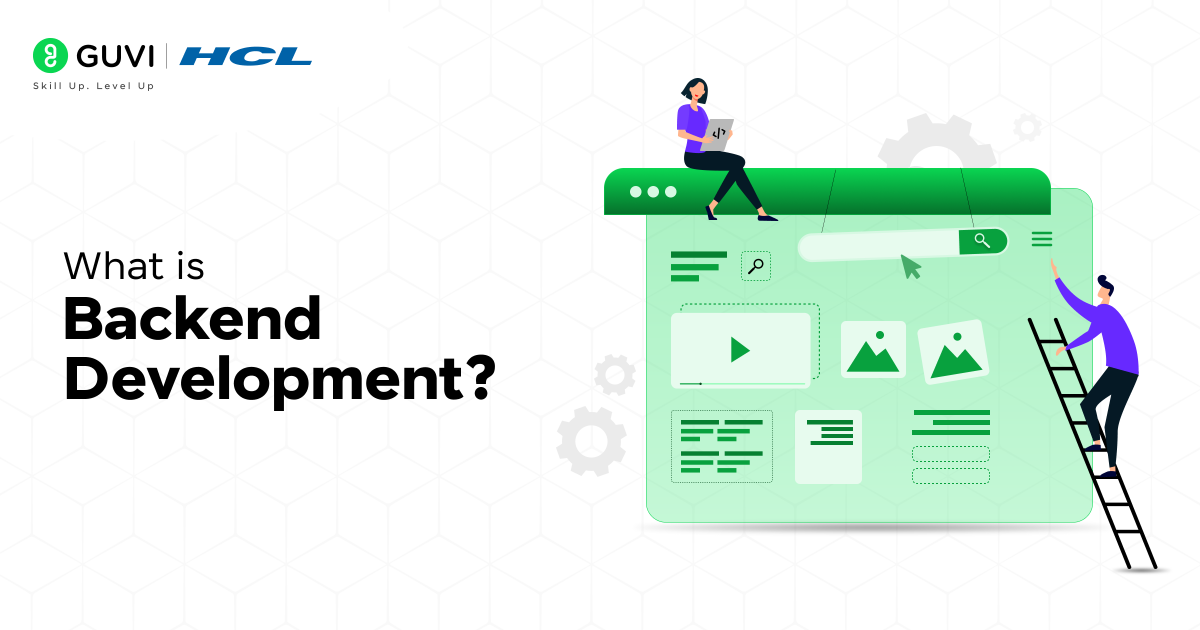
The backend ensures smooth functionality by handling database operations, authentication, API integrations, and server management. Backend developers typically work with programming languages such as Python, Java, Node.js, and PHP, along with databases like MySQL, PostgreSQL, and MongoDB.
Best Resources to Learn Backend Development
Now that we’ve gone over what backend development is, I’m sure you’ve understood that mastering it is no easy feat but it is very doable with the right guidance and resources and that’s what we’ll be discussing now.
Here, I’ve jot down a list of all the resources including traditional degree programs, online courses, and much more so that all you have to do is pick the one that’s for you and get started with your learning journey.
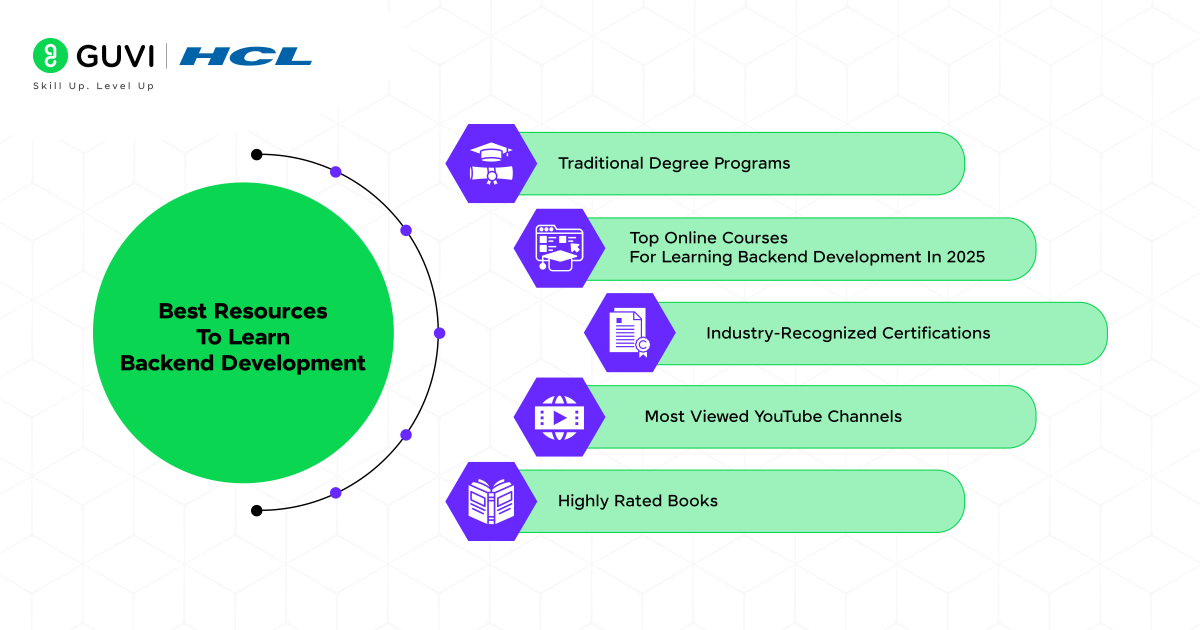
1) Traditional Degree Programs
Pursuing a formal degree in Computer Science or Software Engineering is one of the oldest and most generic ways to learn backend development. This option is one we all go to first. These degrees provide a deep understanding of programming, data structures, algorithms, databases, and software development methodologies, focusing on theoretical foundations as well as practical implementations.
1.1 Bachelor’s in Computer Science (CS) or Software Engineering
A Bachelor’s in Computer Science (CS) or Software Engineering takes three or four years to complete. This degree program covers basic and advanced ideas in making software. It gives students a deep understanding of coding languages, operating systems, databases, networking, and cloud computing. Backend development plays a key role in what students learn. They get to master programming for servers creating APIs, handling databases, and lots more.
The skills you’ll gain:
- Proficiency in backend programming languages such as Python, Java, Node.js, and C++
- Strong foundation in data structures and algorithms
- Knowledge of SQL and NoSQL databases
- Experience with backend frameworks like Django, Spring Boot, and Express.js
- Understanding of cloud platforms (AWS, Azure, Google Cloud)
- Ability to develop secure and scalable applications
Is this the resource for you?
This degree is mostly for high school graduates who want a structured and comprehensive learning experience. It could be the correct resource for you if you’re looking for a long-term career in backend development, full-stack development, or software engineering. If you aim to work at top tech companies or pursue research, a CS or Software Engineering degree is highly valuable.
1.2 Master’s in Software Engineering (MSE)
A Master’s in Software Engineering (MSE) offers an advanced degree for students and professionals with a computing background who want to specialize in software development, including backend systems. This program has a focus on software architecture, distributed systems, DevOps, and large-scale application development. It takes 1 to 2 years to complete and includes industry projects and research elements to give you hands-on experience. The MSE aims to enhance your skills in software development and help you gain practical knowledge in the field.
The skills you’ll gain:
- Expertise in scalable and distributed backend architectures
- Hands-on experience with microservices and containerization (Docker, Kubernetes)
- Advanced knowledge of database design and optimization
- Exposure to backend security practices (authentication, authorization, encryption)
- Mastery of CI/CD pipelines and DevOps workflows
- Understanding of machine learning and AI integration in backend development
Is this the resource for you?
This program is best suited for you if:
- You are a CS or IT graduate wanting to specialize in backend development
- You’re a software developer looking to advance your career in system design or cloud computing
- A professional aiming for leadership roles in software engineering
1.3 Online Computer Science Degrees (e.g., Georgia Tech, University of London via Coursera)
Several prestigious universities now give students the chance to earn CS degrees online. Take Georgia Tech’s Online Master of Science in Computer Science (OMSCS) or the University of London’s BSc in Computer Science on Coursera, for example. These programs offer the same in-depth academic content as traditional degrees. But they also give students the freedom to study from anywhere making it easier to juggle other responsibilities.
The skills you’ll gain:
- Strong foundation in backend programming and system design
- Hands-on experience with modern backend frameworks and cloud computing
- Knowledge of high-performance computing, big data, and cybersecurity
- Ability to build and deploy enterprise-level backend systems
- Real-world exposure through capstone projects and industry collaborations
Is this the resource for you?
This program is best suited for you if:
- You’re a working professional wanting to earn a degree while continuing your job
- You are a self-learner who prefers online education over traditional on-campus programs
- You’re an individual looking for affordable, high-quality CS degrees from top universities
2) Top Online Courses for Learning Backend Development in 2026
If you want to master backend development, enrolling in a structured online course is one of the best ways to gain in-depth knowledge and hands-on experience. Below we will be discussing some of the top online courses that offer comprehensive training in backend technologies, databases, APIs, and cloud deployment.
2.1 HCl GUVI’s IIT-M Pravartak Certified Full Stack Development Course with AI Tools
HCL GUVI, in collaboration with IIT-M Pravartak, offers a Full Stack Development Course that integrates AI tools to enhance coding efficiency. This course teaches both frontend and backend development. It puts a lot of focus on backend tech like Node.js, Express.js MongoDB, and SQL databases. Students get to work on real projects, do coding exercises, and see how these skills apply in the real world. The goal? To help them build web apps that can grow and handle lots of users.
The skills you’ll gain:
- Backend development with Node.js and Express.js
- Database management using MongoDB and MySQL
- API development and RESTful services
- Deployment strategies for cloud-based applications
- AI-powered development tools for efficiency
Is this the resource for you?
This course is ideal for beginners, software developers, and aspiring full-stack developers who want an industry-recognized certification and hands-on backend development experience.
2.2 IBM Backend Development Professional Certificate (Coursera)
This Coursera specialization by IBM helps you grasp the basics of backend development. It covers cloud-based solutions, DevOps, and microservices architecture. You’ll learn Python, Django, Kubernetes, Docker, and CI/CD pipelines. This makes it a good fit if you want to build big scalable apps for businesses.
The skills you’ll gain:
- Backend programming with Python and Django
- Cloud computing with IBM Cloud and AWS
- API development using Flask and FastAPI
- Containerization with Docker and Kubernetes
- DevOps practices like CI/CD and automation
Is this the resource for you?
This course is suitable for beginners, software engineers, and professionals looking to upskill in cloud-based backend development and microservices.
2.3 Complete Backend Development Bundle (Udemy)
This Udemy bundle lets you learn at your own pace. It teaches many backend technologies, like Node.js, Express.js, PHP, MySQL, Django, Flask, and GraphQL. You’ll get to code, work on real projects, and learn the best ways to design backend systems.
The skills you’ll gain:
- Backend frameworks like Node.js, Django, and Flask
- Database management with MySQL and PostgreSQL
- Building and consuming GraphQL APIs
- Authentication and security best practices
- Performance optimization and scalability techniques
Is this the resource for you?
This course is ideal for self-learners, developers looking to explore multiple backend stacks, and professionals aiming for a career in backend development with a flexible learning schedule.
3) Industry-Recognized Certifications
Getting industry-recognized certifications is a solid way to prove your backend development skills and boost your job prospects. These certifications show you know your stuff when it comes to cloud platforms, programming languages, and backend tech, which makes you stand out in the job market. Here’s a rundown of some top-notch backend development certifications to consider in 2026.
3.1 AWS Certified Developer – Associate
The AWS Certified Developer – Associate certification proves you can build and support applications on Amazon Web Services (AWS). It covers key AWS services, deployment, best security practices, and monitoring strategies. This certification is perfect for backend developers who want to focus on cloud-based apps using AWS.
The skills you’ll gain:
- Developing, deploying, and debugging applications on AWS
- Understanding AWS SDKs and how to interact with AWS services
- Implementing security features and authentication in cloud applications
- Monitoring application performance using AWS tools like CloudWatch
Should you get this certification?
This certification is designed for developers with some experience in AWS, especially those working with backend technologies like Python, Node.js, or Java. It is ideal for professionals looking to strengthen their cloud development skills and integrate AWS services into their backend architecture.
3.2 Microsoft Certified: Azure Developer Associate
The Microsoft Certified: Azure Developer Associate certification looks at how to build, test, and keep cloud apps running on Microsoft Azure. It covers making cloud-native apps using Azure Functions, managing APIs, and working with databases. This certification helps backend developers who use Microsoft tech and work on big cloud apps for companies.
The skills you’ll gain:
- Developing and deploying applications on Microsoft Azure
- Working with Azure App Services and Azure Functions
- Integrating Azure security and identity management solutions
- Managing cloud databases using Azure SQL and Cosmos DB
Should you get this certification?
This certification suits backend developers who work with C#, .NET, or JavaScript in Azure environments. It proves valuable for people in enterprise software development and cloud-based app deployment.
3.3 Google Professional Cloud Developer
The Google Professional Cloud Developer certification shows you can create scalable and secure apps on Google Cloud Platform (GCP). It centers on cloud-native development, Kubernetes orchestration, and Google’s managed database services. Backend developers aiming to specialize in Google Cloud technologies will find this certification helpful.
The skills you’ll gain:
- Designing and developing cloud-based applications on GCP
- Managing microservices and containers using Kubernetes and Cloud Run
- Implementing API management and cloud security best practices
- Utilizing Google Cloud databases such as Firestore and BigQuery
Should you get this certification?
This certification is suitable for developers with experience in cloud applications and those working with Google Cloud services. It is particularly beneficial for backend engineers building scalable and data-intensive applications.
4) Most Viewed YouTube Channels
YouTube is one of the best free resources for learning backend development that you can find out there, offering high-quality tutorials, hands-on projects, and real-world insights from industry experts. And don’t we all prefer learning through videos? The channels listed below provide a thorough learning experience that you’re sure to enjoy and find helpful.
4.1 Traversy Media
Traversy Media, run by Brad Traversy, is one of the most popular YouTube channels for web development. It covers a wide range of backend technologies, including Node.js, Express.js, MongoDB, PHP, MySQL, and RESTful APIs. The tutorials are beginner-friendly and provide in-depth explanations, making it easier to grasp complex backend concepts. The channel also features crash courses and project-based learning, which are great for hands-on practice.
The skills you’ll gain:
- Backend development with Node.js, Express.js, and PHP
- Database management with MySQL and MongoDB
- API development and authentication techniques
- Full-stack application building with backend integrations
4.2 Academind
Academind, created by Maximilian Schwarzmüller, provides detailed backend development tutorials with clear explanations and well-structured courses. The channel focuses on backend technologies like Node.js, Django, Laravel, and GraphQL. It also covers cloud-based solutions and deployment strategies, making it a valuable resource for those looking to build scalable backend applications.
The skills you’ll gain:
- Deep understanding of Node.js, Express.js, and Django
- RESTful API and GraphQL development
- Authentication and security best practices
- Backend deployment using cloud services like AWS and Firebase
4.3 Programming with Mosh
Programming with Mosh, run by Mosh Hamedani, is a top-tier channel for learning backend development. Mosh provides clear, well-structured tutorials on backend technologies such as Python, Django, Flask, Node.js, and ASP.NET Core. His teaching style is beginner-friendly yet comprehensive, making it suitable for both newcomers and experienced developers.
The skills you’ll gain:
- Backend programming with Python (Django & Flask) and JavaScript (Node.js)
- Database handling with SQL and NoSQL databases
- API development, authentication, and authorization
- Scalable backend architecture and best practices
5) Highly Rated Books
Books play a key role in creating a solid base for backend development. They offer deep knowledge, real-world tips, and actual examples that aid learners in grasping the main ideas of backend engineering. Here’s a list of some top-rated books that can help you become an expert in backend development by 2026.
5.1 “Designing Data-Intensive Applications” by Martin Kleppmann
This book is a must for anyone who wants to understand how backend systems work in big applications. It looks at key ideas like databases, systems spread across many computers, the ability to grow, and keeping data the same. The author explains hard topics in a way that’s easy to get making it a great tool for backend developers who aim to build strong fast-working applications.
The skills you’ll gain:
- Deep understanding of database systems (SQL, NoSQL)
- Knowledge of distributed systems and data replication
- Principles of scalability and fault tolerance
- Data consistency and transactional models
Should you read it?
This book suits you if you work as a software engineer, system architect, or backend developer and want to get good at managing databases, distributed computing, and designing big systems.
5.2 “The Pragmatic Programmer” by Andrew Hunt and David Thomas
“The Pragmatic Programmer” is a classic that teaches the best ways to develop software. It stresses writing code that’s clean, easy to maintain, and can grow, which matters for backend development. The book looks at things like fixing bugs, improving code automating tasks, and keeping track of changes. It helps developers code better and work more .
The skills you’ll gain:
- Writing clean and efficient code
- Debugging and troubleshooting techniques
- Best practices in software development
- Automation and productivity tips
Should you read it?
This book is perfect for beginners and experienced developers alike. If you’re just starting with backend development or looking to refine your coding practices, this book provides practical tips that apply to any backend programming language or framework.
5.3 “Eloquent JavaScript” by Marijn Haverbeke
“Eloquent JavaScript” is a comprehensive guide to mastering JavaScript, which plays a crucial role in backend development, especially with frameworks like Node.js. The book covers fundamental and advanced JavaScript concepts, including asynchronous programming, closures, and event-driven architecture. It also includes interactive exercises and real-world projects to help solidify learning.
The skills you’ll gain:
- Strong understanding of JavaScript fundamentals
- Functional programming and object-oriented programming concepts
- Asynchronous programming with promises and callbacks
- Backend development using Node.js
Should you read it?
This book is for you if you’re an aspiring backend developer who wants to specialize in JavaScript-based backend technologies like Node.js. It’s also useful for frontend developers looking to transition into full-stack development.
Career Progression Path
Starting a career in backend development creates endless possibilities in the tech industry that keeps growing every day. The path to success in this field depends on understanding how to grow your career step by step.
Entry-level Opportunities
New backend developers usually start with entry-level positions that build a strong base for future growth. These roles need you to have a good understanding of basic concepts and programming languages.
Junior Backend Developer: This role serves as a starting point for many, focusing on:
- Writing server-side code
- Developing and maintaining APIs
- Assisting in database management
Entry-level backend developers in India can expect an average annual salary ranging from ₹2.0 Lakhs to ₹19.8 Lakhs, with a median of ₹5.5 Lakhs per year. This wide range shows the variety of opportunities across different companies and locations.
Internships and Apprenticeships: These opportunities give you hands-on experience and often lead to full-time positions. Benefits include:
- Putting theoretical knowledge to practice
- Working on real-life projects and industry practices
- Building connections within the tech community
Many organizations list paid or unpaid internships on popular job sites, with durations ranging from seasonal to ongoing positions.
Concluding Thoughts…
Backend development is a rewarding career path with excellent growth potential in India’s tech industry. You can build a strong foundation by starting with core programming languages. This foundation grows stronger as you learn about databases, APIs, and security practices.
Your success as a developer depends on how well you learn and apply your skills. So, pick one of these resources and begin your learning journey with confidence and discipline. You should also build projects and contribute to open-source repositories to stay current with new technologies.
I hope this guide aided your learning journey and if you have any doubts, reach out to us through the comments section below.
FAQs
Q1. What are the essential skills needed to become a backend developer in 2026?
Essential skills for backend developers in 2026 include proficiency in programming languages like Python or JavaScript, understanding of databases and SQL, knowledge of APIs and RESTful services, familiarity with backend frameworks, and expertise in authentication and security practices.
Q2. How long does it typically take to learn backend development?
The time to learn backend development varies depending on prior experience and dedication. For beginners, it can take 6-12 months of consistent study and practice to gain a solid foundation. However, becoming proficient may require 1-2 years of continuous learning and hands-on experience.
Q3. What are the career prospects for backend developers in India?
Backend developers in India have excellent career prospects with competitive salaries ranging from ₹2.0 Lakhs to ₹19.8 Lakhs annually. The field offers various specialization options and opportunities for growth in roles such as Software Engineer, Full-Stack Developer, and DevOps Engineer.
Q4. Which programming language is best for backend development in 2026?
While there’s no single “best” language, Python and JavaScript (Node.js) are highly popular for backend development in 2026 due to their versatility and extensive libraries. The choice often depends on project requirements, team expertise, and scalability needs.
Q5. How important is understanding DevOps for backend developers?
Understanding DevOps is crucial for backend developers as it enhances efficiency, streamlines operations, and automates crucial processes. DevOps practices help in faster deployment, improved collaboration between teams, and maintaining code quality and system stability throughout the development lifecycle.


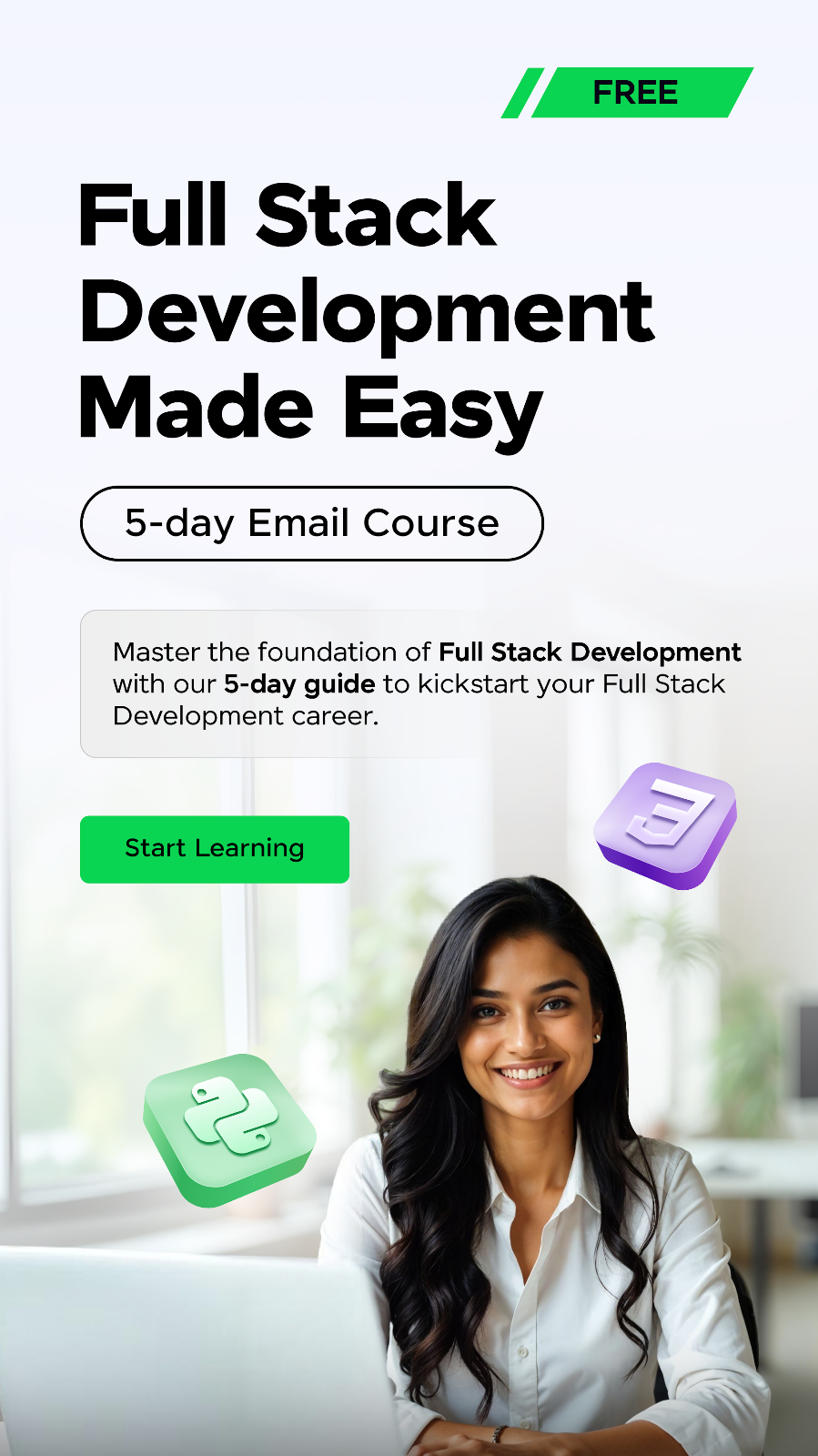
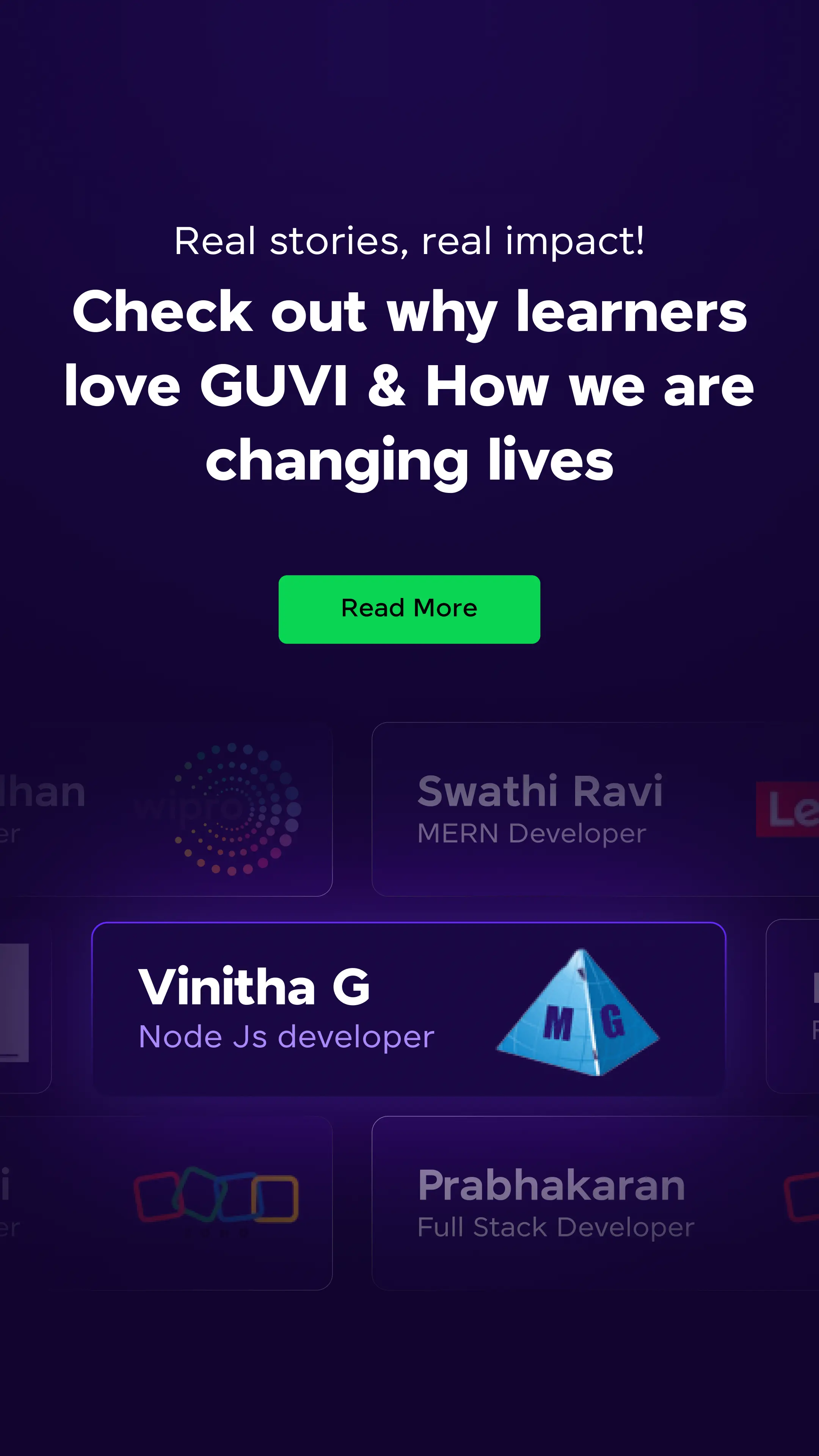







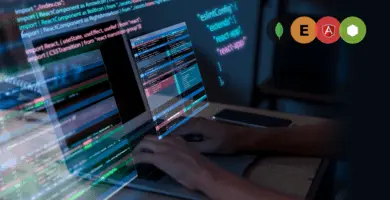
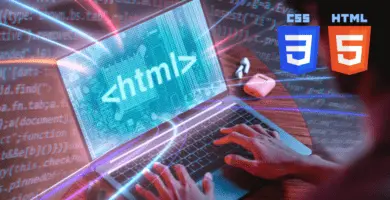








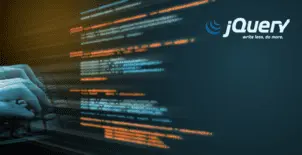

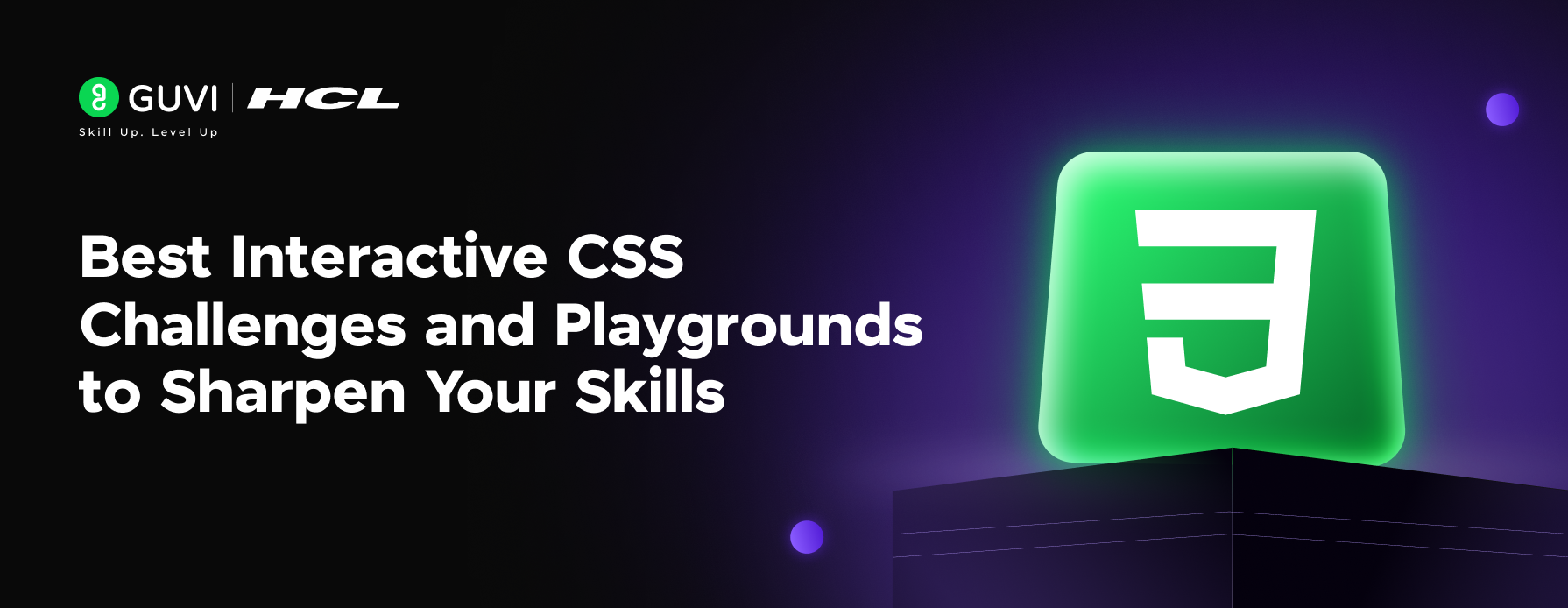
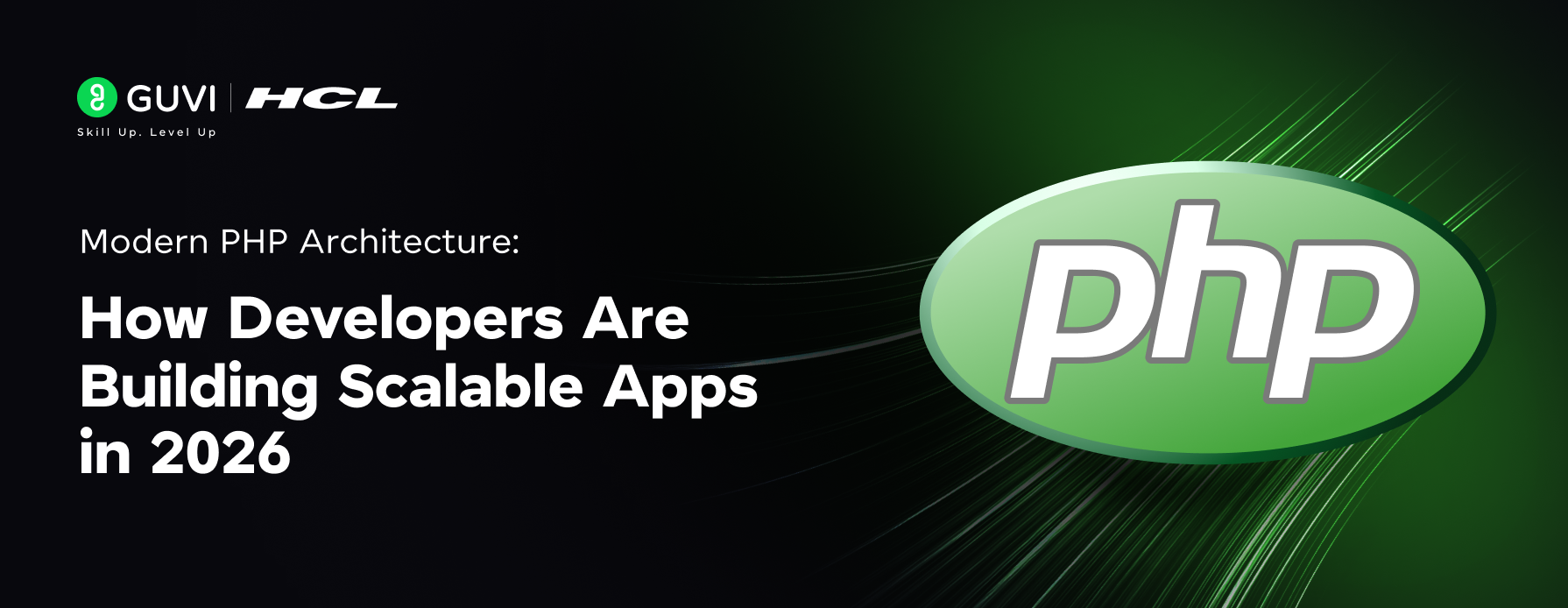
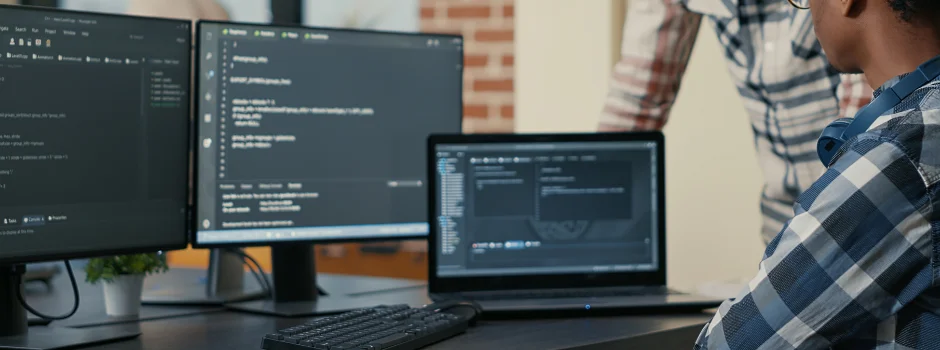
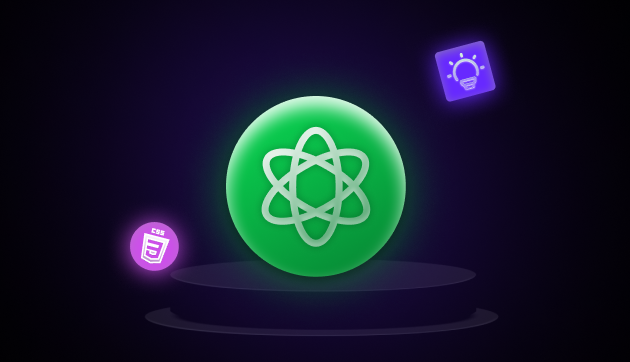
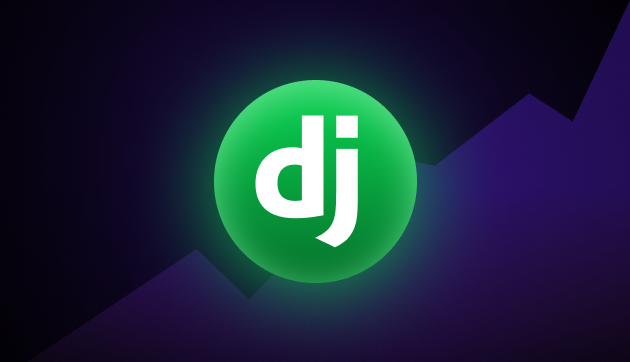
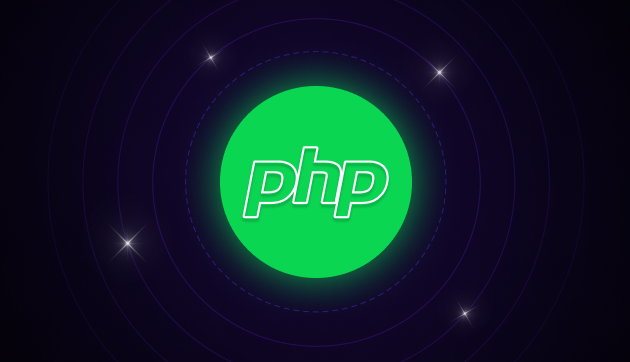

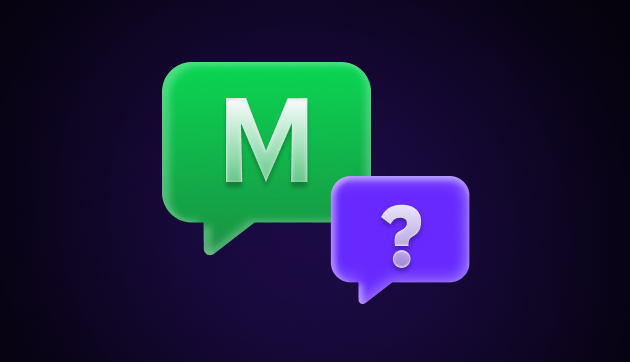
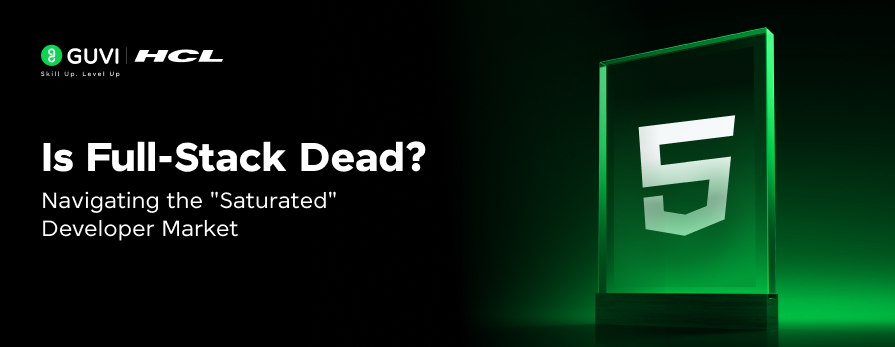




Did you enjoy this article?